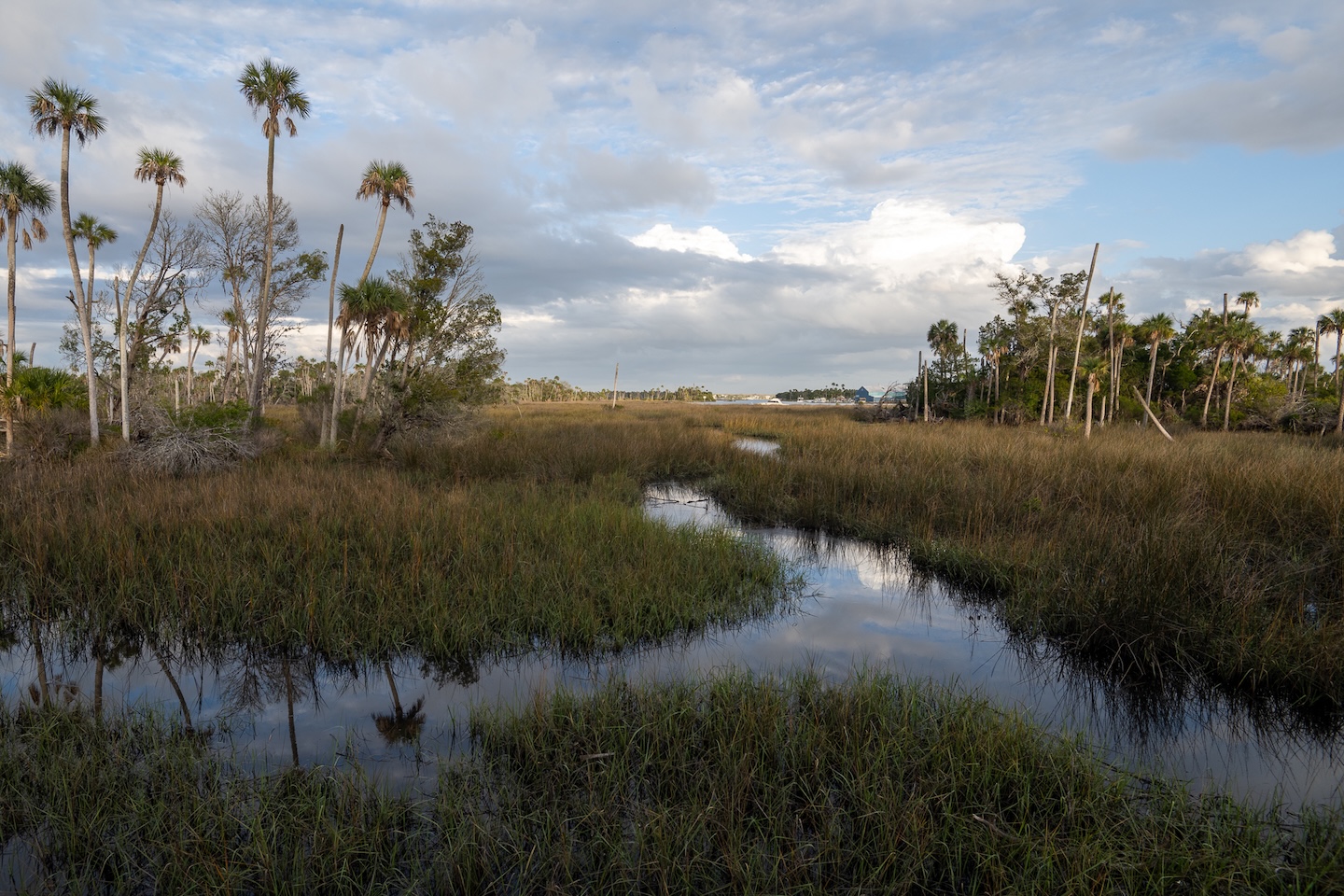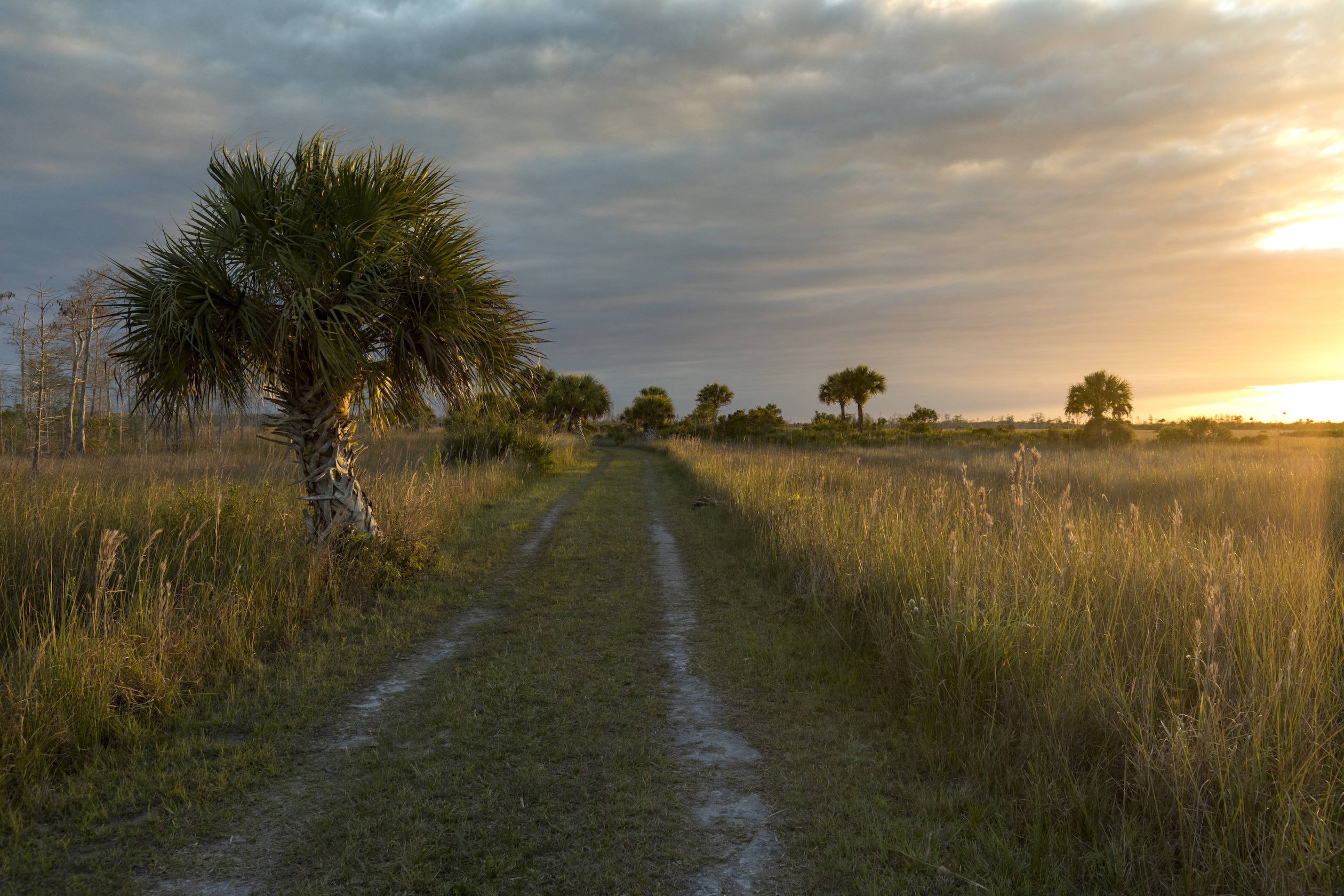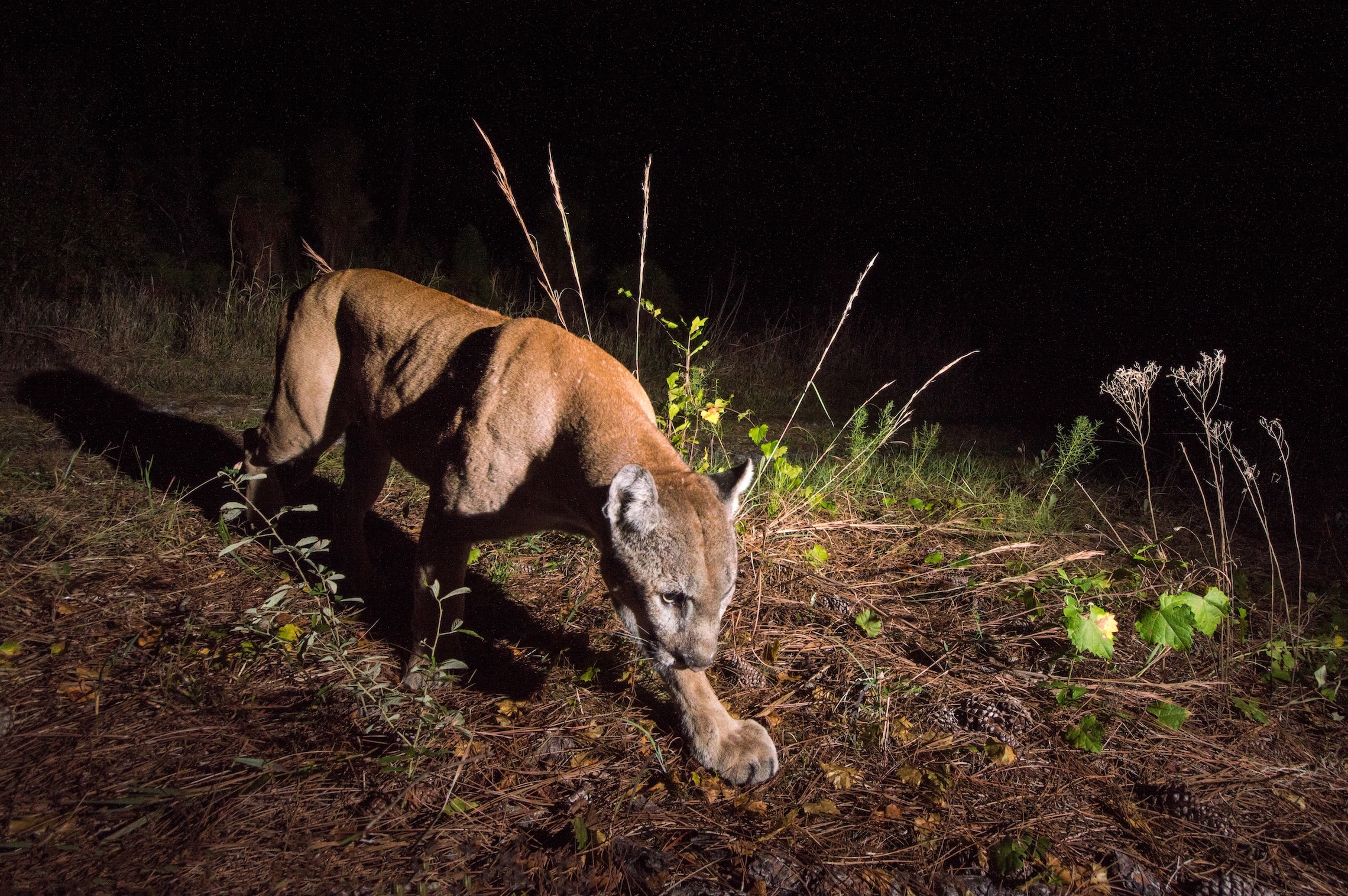
Conserving healthy lands and waters within the Wildlife Corridor has potential to bring a 6-to-1 return on investment
TALLAHASSEE, FLORIDA / ACCESS Newswire / April 16, 2025 / The amount of land conserved in and around the Wildlife Corridor with state funding has steadily grown each year since lawmakers established the Corridor in 2021 - and 2025 is poised to be yet another record-breaking year for Corridor conservation.

Fort Island Trail - Credit Sara Sheehy
More than 133,000 acres of Corridor lands were conserved last year under Florida's two largest conservation programs, Florida Forever and the Rural and Family Lands Protection Program (RFLPP). That acreage beat the amount of Corridor land conserved with state funding in 2023 (110,465 acres) which, in turn, was nearly three times the amount conserved in 2022 (36,602).
"Investing in nature is investing in the economy of Florida," said Lisa Shipley, CEO of Live Wildly. "Florida has become a national example of how conserving natural lands and waters can lead to healthier communities and provide for a robust future."
A 2021 study found that the Corridor supports at least 114,000 jobs and provides at least $30 billion in annual value from tourism, agriculture, forestry, and other industries. That same study found that conserving Corridor lands most at risk of destruction from development could bring Florida a 6-to-1 return on investment from increased tourism revenue and the sale of carbon credits.
Other studies have shown that protecting the Wildlife Corridor can shield communities from devastating floods and heat waves. The Corridor is home to about two-thirds of Florida's floodplains which absorb water and act as natural buffers against flooding. The Corridor's healthy forests keep temperatures cooler than in surrounding urban areas, offering tourists and Floridians a refuge from soaring heat and the health risk it brings.
"The name 'Wildlife Corridor' may lead some to think it's focused solely on helping Florida's iconic animal species," said Shipley. "But the Corridor's green infrastructure also serves as the foundation of Florida's economy and quality of life."
This year, the state is once again on track to conserve more lands and waters within and around the Wildlife Corridor than in previous years.
In March, state policy leaders approved a ground-breaking $84.5 million for the permanent conservation of 19,486 acres across 7 properties within the Corridor. The funding, which comes from Florida Forever and the RFLPP, will connect fragmented natural areas across the Corridor while supporting agricultural production as well as habitat for gopher tortoise, sandhill crane, the Florida panther, and other species.
Also in March, Florida opened its first new state park in seven years. The Upper Shoal River Park was established on 2,500 acres of land adjacent to the Corridor, purchased with funding from Florida Forever. It will protect habitat for numerous wildlife species while offering Florida residents and tourists new hiking, fishing, and paddling opportunities.
"We applaud the state's commitment to keeping the Wildlife Corridor healthy and productive," said Shipley. "The future of Florida's communities and economies depend on it."
Created with unanimous approval of the state legislature in 2021, the Florida Wildlife Corridor is the nation's largest state-wide conservation effort of its kind spanning 18-million-acres from the Florida Panhandle to the Everglades.
Contact Information
Meredith Budd
Deputy Director
meredith@livewildly.com
Michelle Yepez
Brand Campaign & Events Advisor
michelle@livewildly.com
SOURCE: Live Wildly Foundation
Related Images

Ochopee, Florida - Credit Live Wildly

Florida Panther - Credit fStop Foundation
View the original press release on ACCESS Newswire
